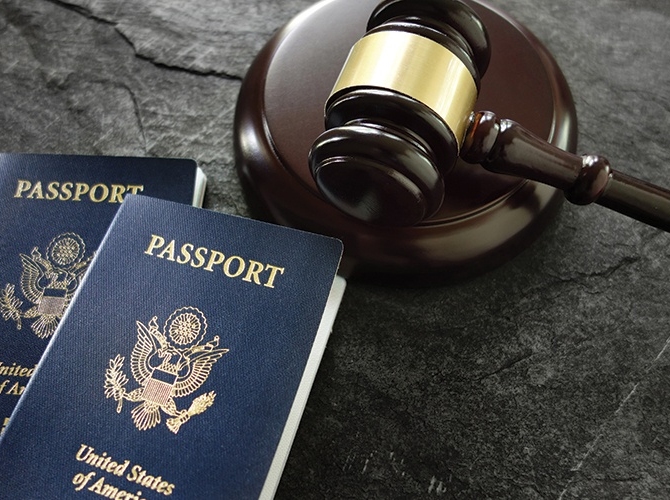199Views

Children often experience emotional and psychological trauma when their parent(s) are arrested for DUI while present, especially if the arrest takes place while they are present.
Recent research published in Developmental Psychobiology measured stress hormone levels of children through hair samples collected during an experiment conducted to measure cumulative cortisol and cortisone levels, which add to existing research showing children who witness parental incarceration are more at risk of negative developmental outcomes.
Loss of Parental Role
No matter whether or not the driver is found guilty, being arrested for DUI can create significant financial burdens on families. These hardships make it more difficult to provide essential goods and allow children to participate in extracurricular activities.
Multiple regression models indicated that children exposed to witnessing their parent being arrested were at an increased risk for internalizing behavioral problems than those who didn’t see this event, even after controlling for other trauma exposure and family and child risk factors. This research points out the necessity of creating trauma-informed systems tailored for different developmental levels that provide age appropriate services.
Changes in Family Dynamics
An arrest for DUI can have dramatic repercussions for family dynamics and the lives of children involved, often forcing them to move from temporary foster care into state-approved care which can be emotionally distressful and challenging for those without adequate coping mechanisms.
Additionally, the financial ramifications of a DUI can have serious ramifications on family stability. Financial strain may force downgrades in living conditions or school transfers – or lead to forfeitures of extracurricular activities which were once an integral part of a child’s routine.
Models which account for other traumatic exposures and contextual factors revealed that younger children who witnessed parental arrest experienced increased externalizing behavior within six months of their reentering community life, while older children did not.
Trust Issues
An arrest for DUI and subsequent court proceedings can have devastating repercussions for children, who may lose trust in their parent and question whether or not they can act as an appropriate role model.
Legal proceedings associated with DUI can be costly and have ripple effects throughout other aspects of life, such as work and school attendance. They may even prevent individuals from affording car insurance and other living expenses.
Researchers have observed that witnessing a parent being arrested for DUI can result in behavioral issues in children under eight years of age, even six months after their parent has been released from prison.
Behavioral Challenges
Children may experience behavioral challenges after being charged with DUI. This can include issues in school performance and interpersonal relationships as well as possible isolation and depression; it’s vital that professional help be sought if required.
Young children often suffer more intense feelings upon leaving a caregiver’s care, including grief and an uncertain outlook on the future.
Older children may experience more externalized consequences as a result of having a parent who is imprisoned, such as experiencing shame and anger over this circumstance.
Academic Challenges
An arrest for DUI can have severe, long-lasting repercussions in terms of personal and professional life. Individuals convicted may be required to install ignition interlock devices in their cars that monitor blood alcohol concentration levels (BAC) levels; this device prevents vehicles from starting if alcohol has been detected on its dashboard and will prevent its engine from starting again if this level exceeds threshold levels.
Research indicates that children exposed to drinking and driving by their parents are more likely to take up these behaviors themselves, with potentially long-term repercussions for families involved.
Georgia DUI laws for people over 21 prohibit driving with an BAC of 0.08 percent or higher. Milton DUI laws also require drivers who have been stopped by police to take part in a blood or breath test after being requested by them; failing this test could result in license suspension.
Substance Abuse
Substance abuse includes alcohol, illegal drugs or misusing over-the-counter or prescription medications – and it can have severe repercussions for an individual’s physical, psychological and behavioral wellbeing. Furthermore, fines and lost income are potential complications to deal with as a result of substance use disorder.
Children witnessing a DUI arrest can experience acute stress and trauma, leading them down a path toward poor school performance, lack of social connections and isolation from family and friends.
Multiple regression models demonstrate the increased risk for internalizing and externalizing behavioral problems among children who witnessed parental arrest, even after controlling for other potentially traumatic events (PTEs), child age, gender, caregiver functioning and family income.



